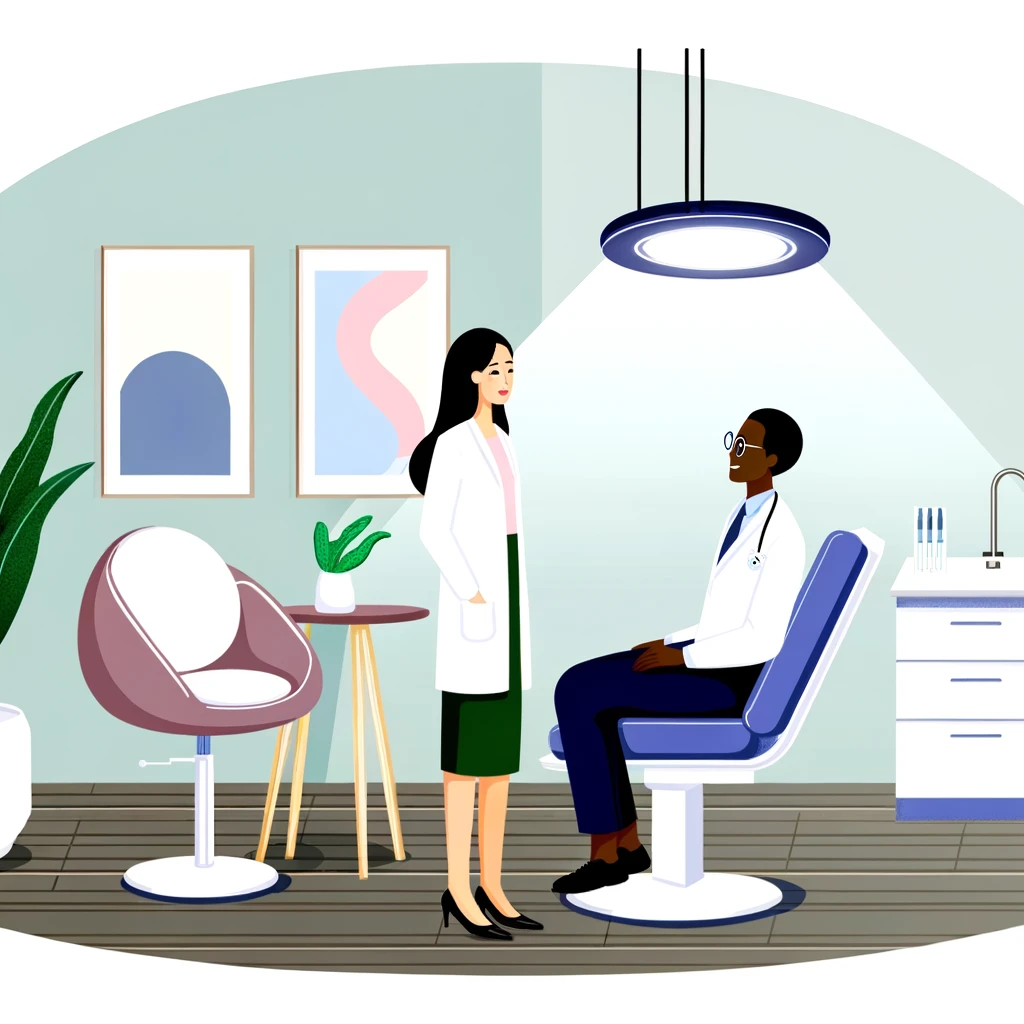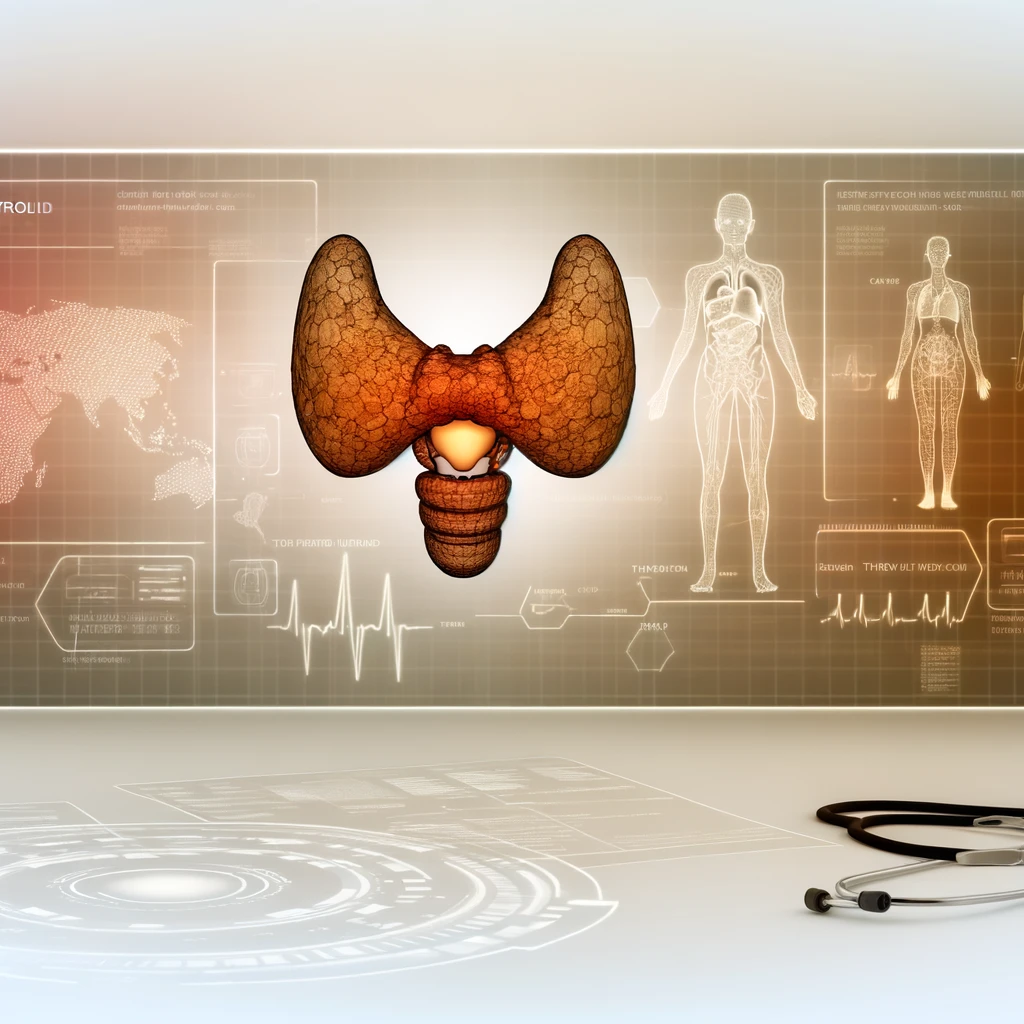
The Importance of Regular Health Check-ups
Regular health check-ups and screenings are crucial for maintaining optimal health and well-being. These preventive measures allow for the early detection of potential health issues, which can lead to more effective treatments and better outcomes. In this article, we will explore the key benefits of regular health check-ups and screenings, as well as provide guidance on how often they should be conducted.
Early Detection of Diseases
One of the primary benefits of regular health check-ups is the early detection of diseases. Many health conditions, such as hypertension, diabetes, and certain cancers, may not present symptoms in their early stages. Through regular check-ups, healthcare providers can identify these conditions before they progress, allowing for timely intervention.
Prevention of Health Issues
Screenings and check-ups are preventive measures that can help avert the onset of serious health issues. For example, routine blood tests can reveal high cholesterol levels, which can be managed through lifestyle changes or medication to prevent cardiovascular diseases. Vaccinations, another aspect of preventive care, protect against a variety of infectious diseases.
Components of a Regular Health Check-up
Regular health check-ups typically include a range of tests and examinations tailored to an individual's age, gender, and health history. Common components include:
- Blood Pressure Measurement: High blood pressure is a risk factor for many diseases, including heart disease and stroke.
- Cholesterol Levels: Regular monitoring helps manage the risk of cardiovascular diseases.
- Blood Sugar Tests: These tests can detect diabetes or pre-diabetes.
- Cancer Screenings: Depending on age and risk factors, screenings for cancers such as breast, cervical, and colorectal are recommended.
- Body Mass Index (BMI): Assessing BMI helps in understanding overweight and obesity-related health risks.
Frequency of Health Check-ups
The frequency of health check-ups varies based on age, gender, and medical history. Generally, adults should visit their healthcare provider annually. However, individuals with chronic conditions or those at higher risk for certain diseases may require more frequent visits.
Conclusion
In conclusion, regular health check-ups and screenings play a vital role in maintaining health and preventing diseases. They provide an opportunity for individuals to discuss their health concerns with healthcare professionals and receive personalized advice. By staying proactive and informed, individuals can significantly enhance their quality of life and longevity.
Related Articles





